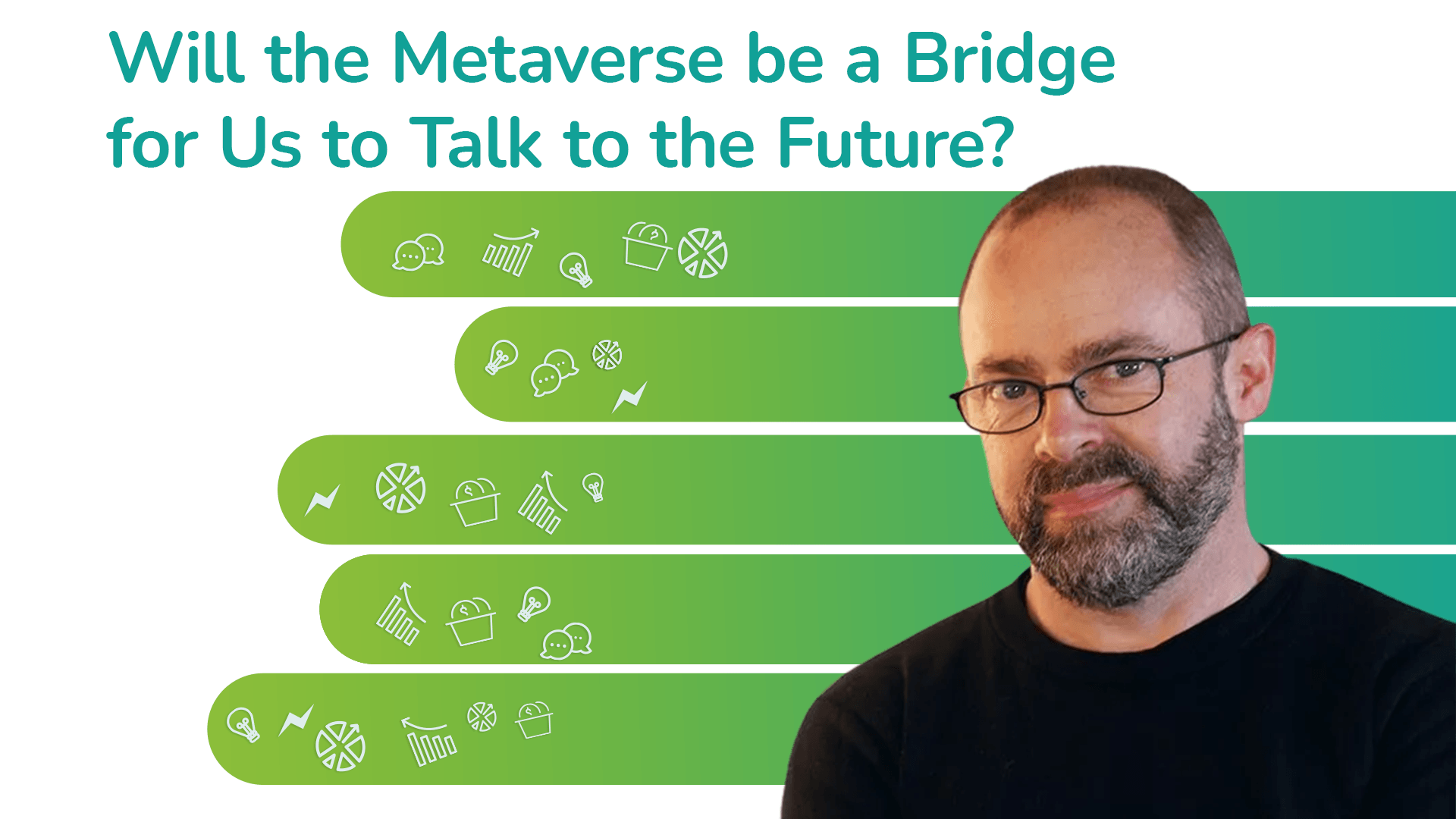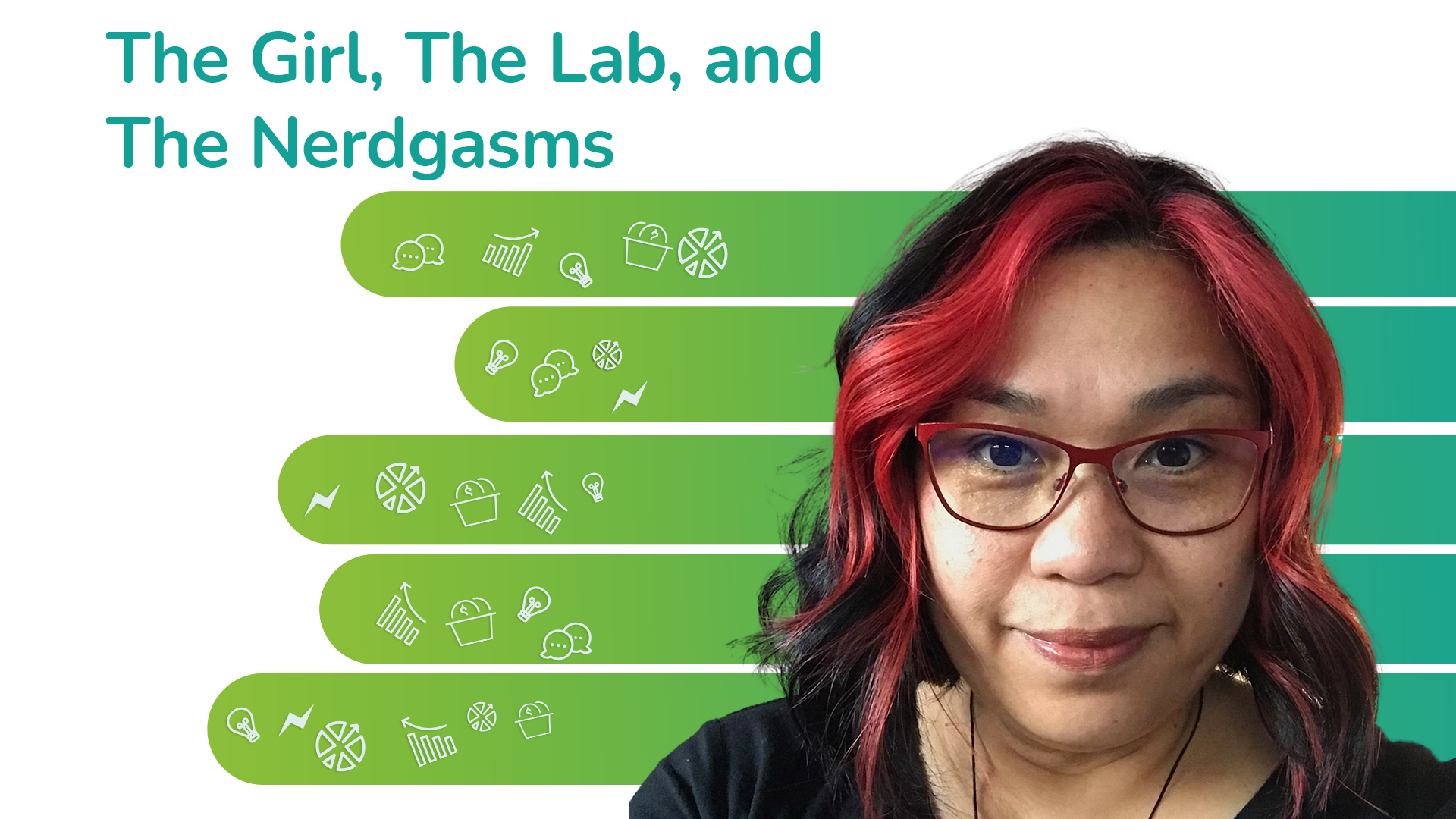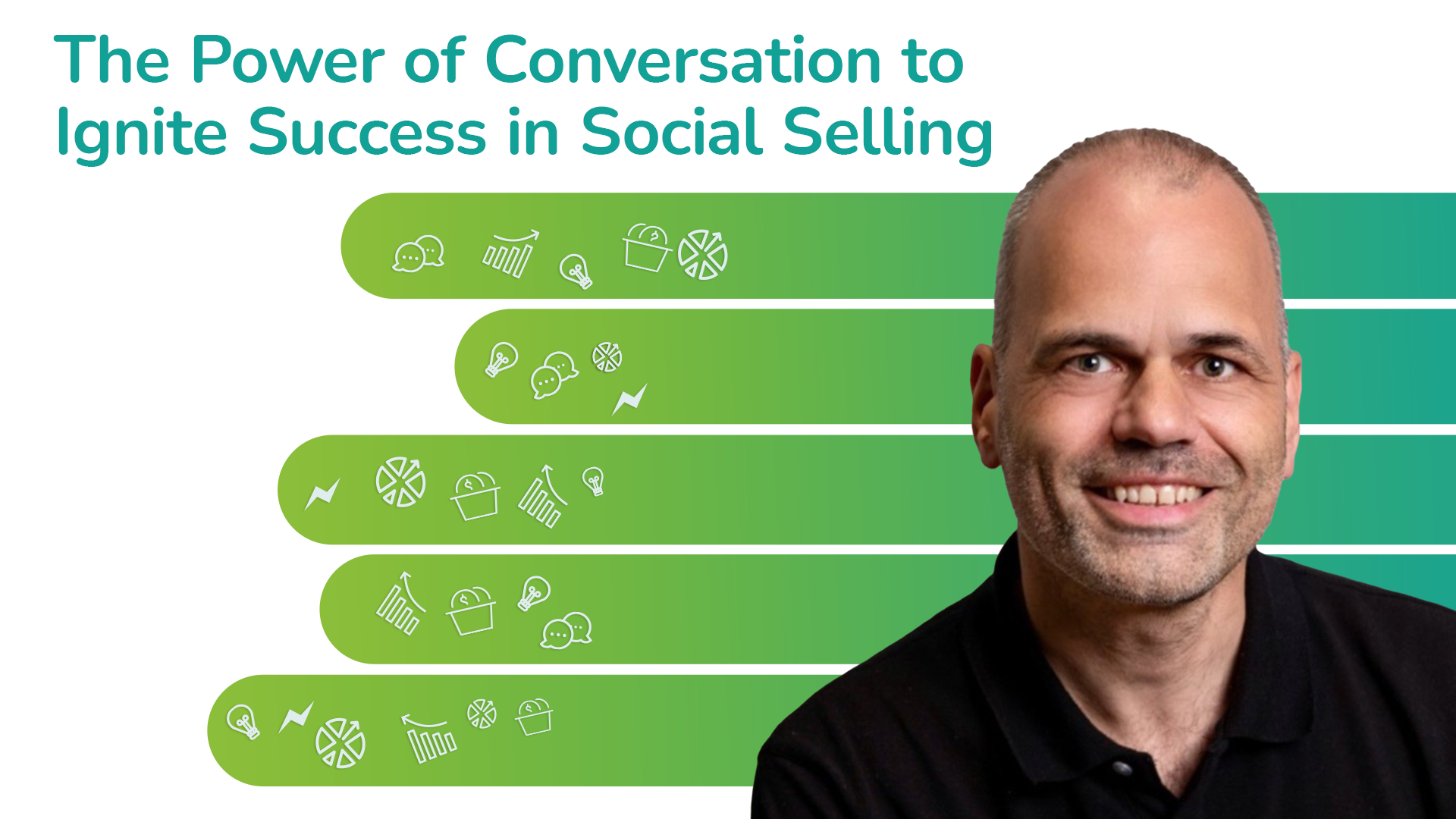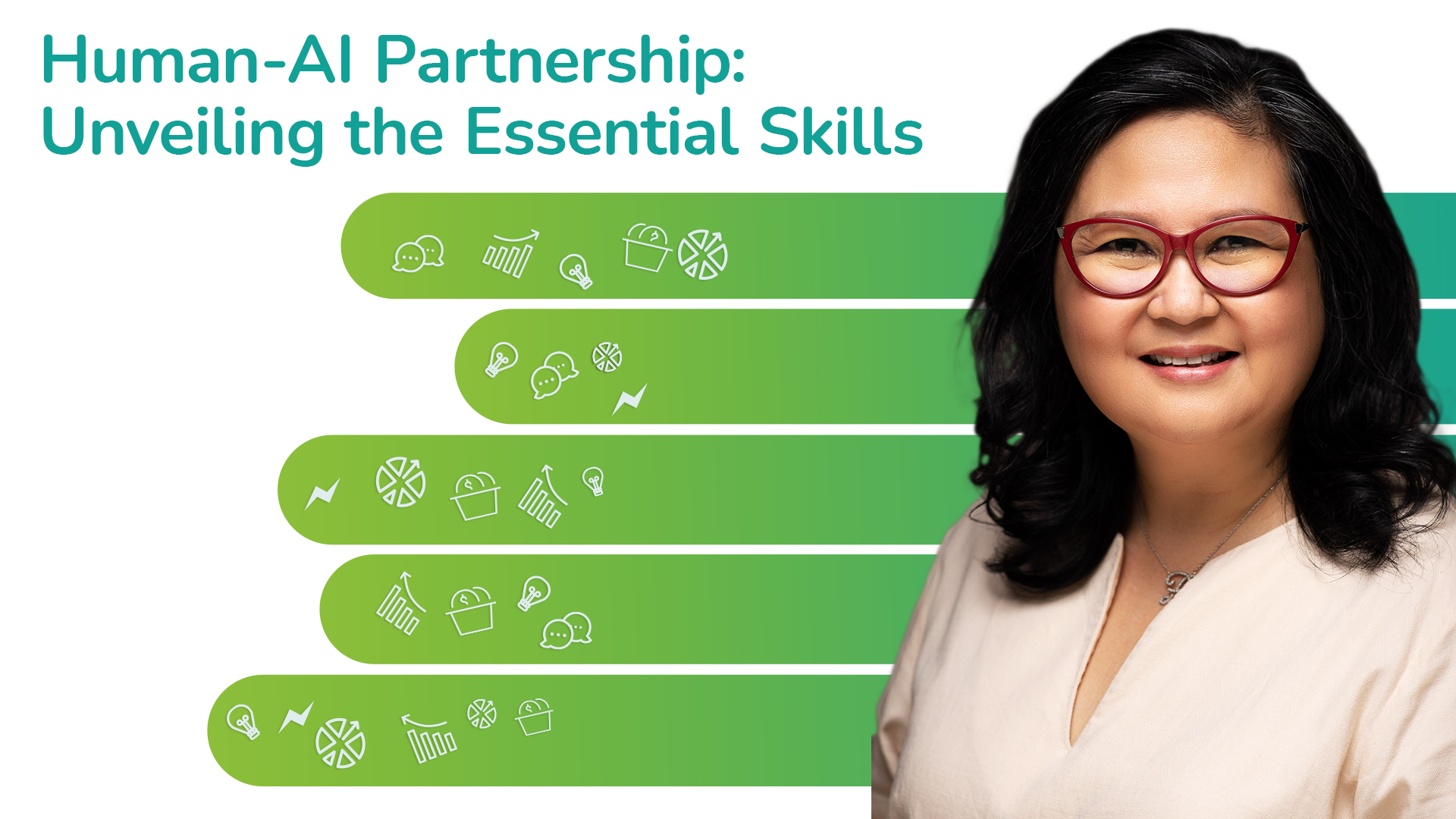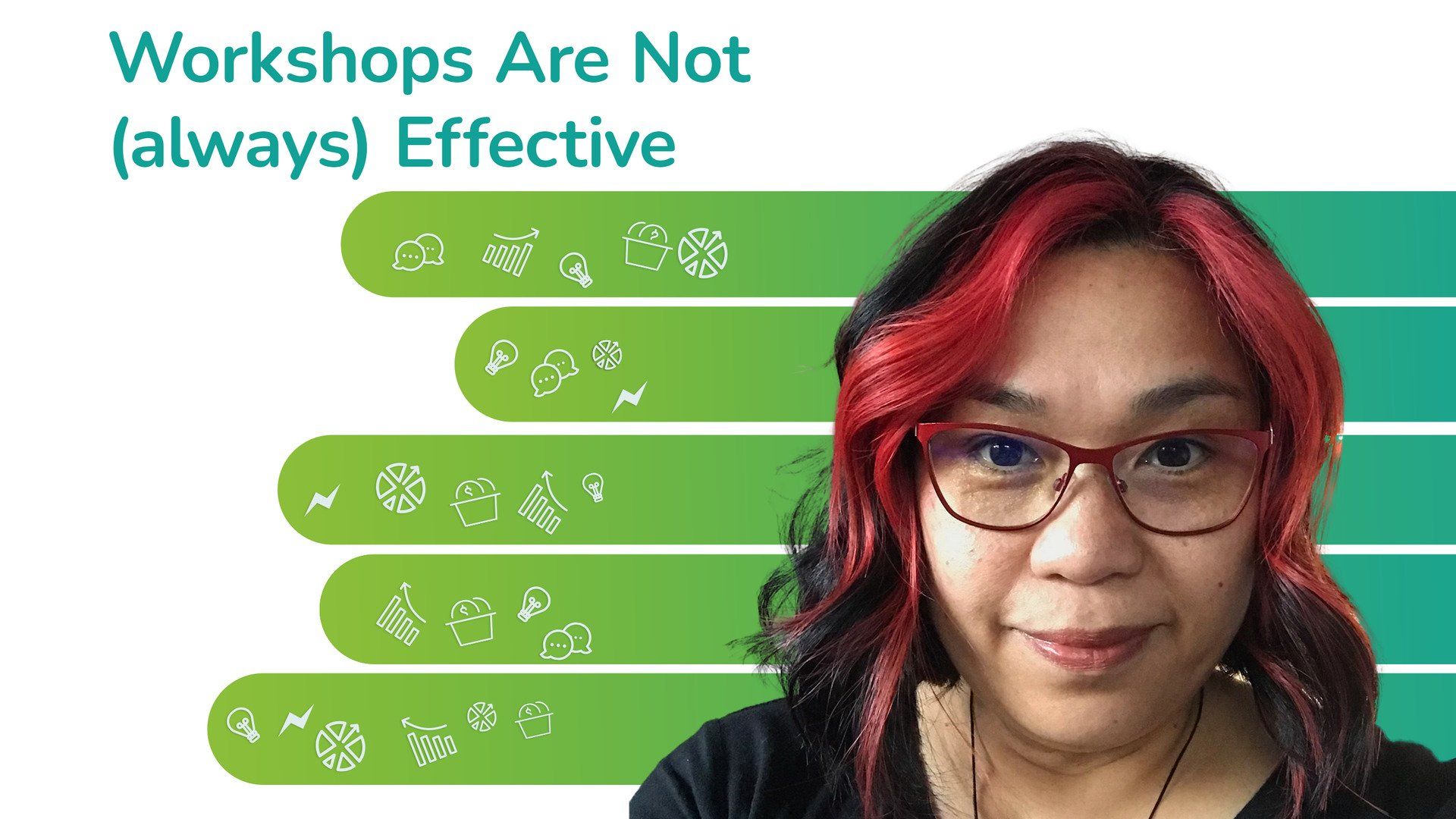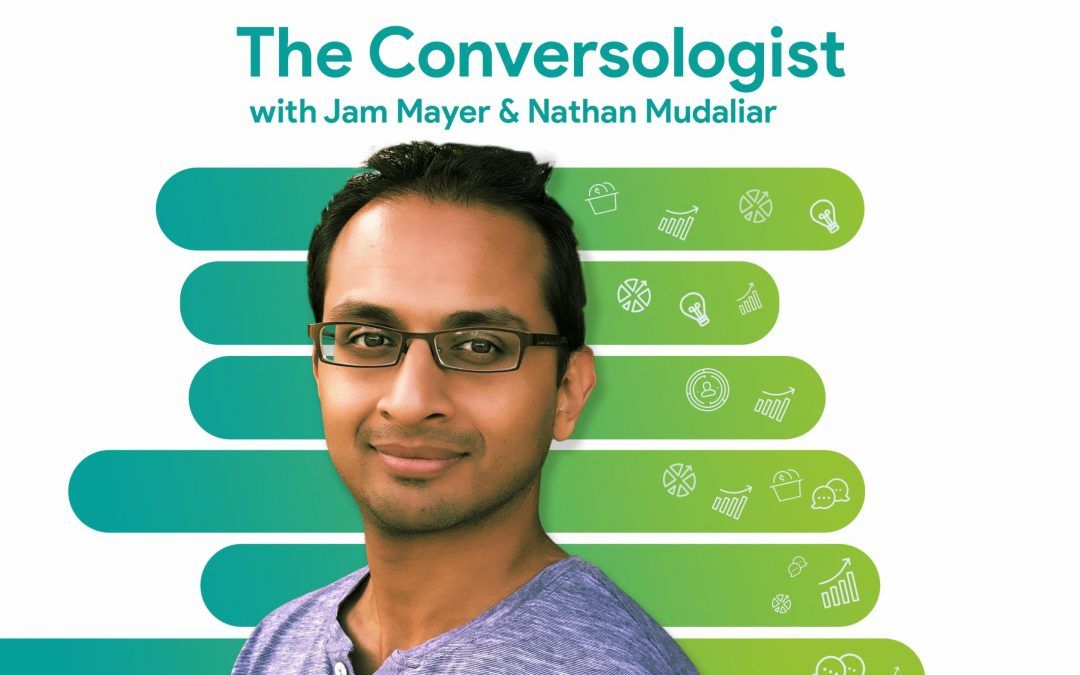
Season 1 Episode 15 | 25 minutes
We all know that our interactions on social media shape the content we see. It’s a fundamental of the algorithm, designed to maximise screen time and deliver an engaged, interested audience to the advertiser.
But what about the people we connect with? Is it really just the who-knows-who connectedness that I always assumed, or does the tech guide us, like the hand of fate ensuring that two people meet where and when they should?
In this episode, Jam answers the questions – ‘how does technology influence who we follow’. It might just want you to revisit the people you follow.
Host & Guest
Jam Mayer
Rew Shearer
Episode Conversation
Topics that were discussed:
- What is 'Following'?
- Why do we need to 'Follow'?
- What are the benefits of being 'Followed'?
- The Most Influential Ways of Getting Followers
- Social Network Algorithms
- Discovery, Bios, and Platform Features
- Algorithms. Is there a downside?
- Do notifications influence your decision to 'Follow'?
- Platforms Sophistication, Transparency, and Ethics
Episode Transcript
Introduction
[00:00:00.115] – Rew
Have you ever found yourself in a situation where you’re talking to a lot of people about a topic you know nothing about? Just me? Okay, we all know that our interactions on social media shape the content we see. It’s a fundamental of the algorithm designed to maximize screen time and deliver an engaged, interested audience to the advertiser, right? But what about the people we connect with? Is it really just the who-knows-who connectedness that I always assumed? Or does the tech guide us like the hand of fate, ensuring that two people meet where and when they should?
[00:00:35.235] – Rew
I wouldn’t have a clue. That’s why I’m asking the questions as we rip into this thought-provoking episode.
[00:00:41.905] – Rew
Welcome to the Conversologist podcast, where we talk about the art and science of conversation in the digital space. We know that technology can be a powerful enabler, but communication and emotional connection still need to be at the core. I’m your host, Rew Shearer, and I invite you to converse with us. This is Episode 15, 15, 15. How does tech influence who we follow? With me is my partner in Conversologie and social media serial user, Jam Mayer.
[00:01:14.725] – Jam
Hello.
What is 'Following'?
[00:01:15.385] – Rew
A seasoned follower who, as far as I can tell, manages to connect with new and exciting people on an almost hourly basis. Today we talk about it. So, Jam, let’s start with the real basics. What is following?
[00:01:30.835] – Jam
Following or subscribe. Follow me. Follow me. Did you follow me?
[00:01:36.115] – Jam
Hey, have you guys followed the podcast or have you connected with me or subscribe to my channel?
[00:01:43.465] – Jam
Simply put, it is basically you want to get the content that we are actually providing you or the person that you follow.
Why do we need to 'Follow'?
[00:01:51.655] – Rew
So why do we need it?
[00:01:53.755] – Jam
Ahm… several reasons. You know, out of curiosity, it always starts with curiosity. See, you like one piece of content, for example, that like this podcast episode, for example. And you’re just curious to know more or, oh, I really love that, so I want to follow so I can get more of your content because it’s interesting, or you are a fan of the celebrity, whether you’re an influencer in the digital space or you’re an actor, a singer. Well, you know, celebrity status, then you just follow the person, pretty much doesn’t matter whether “I want to see who the person is,” let’s say, or someone who doesn’t really know how to sing, but you follow that person anyway because you love her or him.
[00:02:39.535] – Jam
Well, and of course, in the professional world, there is “I want to follow you or subscribe because I want to connect with you” or even the dark side wherein “I do have a hidden agenda” or the brighter side which is “I’d like to collaborate with you in the future.”
What are the benefits of being 'Followed'?
[00:02:56.485] – Rew
Good answer. So we know what’s in it for the subscriber or the person doing the following, and we know what’s in it for the platform. Of course, more time spent on their platform. But what are the benefits of being followed.
[00:03:08.845] – Jam
Well, one is, it gives you happiness, so to speak, it makes you feel good.
[00:03:15.865] – Rew
Validation, is that a good word for it?
[00:03:17.635] – Jam
Yeah, validation. A lot of people won’t admit it because sometimes it feels like it’s embarrassing.
[00:03:23.935] – Jam
But from an emotional standpoint, when someone actually follows you as a creator, you are actually feeling happy and even motivated to do more content and to do more of the stuff that people, you know, there’s a reason why they’re following you. It’s the same. It’s a vice versa kind of thing. You follow people because you’re curious and stuff. So that’s a good benefit for the creator. And the creator will know more about what you want to hear or see or, you know.
[00:06:30.095] – Rew
Yeah. So this varies by platform, does it?
[00:06:33.565] – Jam
Yeah, it does. And again, you know, I like the fact that LinkedIn has the celebrate as an option, for example, because it is geared towards professional, you know, engagement. It’s similar to celebrating the wins because you just got a new job.
[00:06:51.805] – Rew
Ringing the sale bell.
[00:06:53.065] – Jam
Yeah, exactly. We constantly react to things because of the emotion tied to those buttons without even thinking about it. What happens in tech is that’s where the algorithms come in. That’s how it works. It’s that’s how you show more of someone else’s posts. This influences you whether you want to follow someone or not because the frequency of the content that you engage with, for example, with that person, is more now because you’ve been interacting with that person more if that makes any sense.
[00:07:30.385] – Jam
So, yes, a simple “like,” “love,” “care,” “support,” whether on Facebook or LinkedIn or Clubhouse or whatever, depending on each platforms’, depending on each platforms’ algorithm, so to speak, or how they make it, that then influences, you know, us seeing the content more in terms of frequencies, you know, and marketing. You know, if you see more of the brand and their content, etc., then you know higher recall is actually better versus just seeing it once, and then the next thing, you know, people actually forget, especially there’s a shorter attention span, so on, and so forth. So, that to me is the most influential in terms of the following, but it is the most subtle as well compared to the number of followers.
The Most Influential Ways of Getting Followers
[00:03:57.265] – Rew
Do you think the number of followers a person has influences their credibility and makes them look better?
[00:04:03.505] – Jam
Well, a lot of people are.. follow people that have a lot of followers. It’s a vanity metric in my head. Yes, it’s good to know that you’ve got a million followers. Great! And that is one thing that kind of tech has put in into the platforms to influence us to follow people. But the reality is, when you’ve got one million followers, it’s a matter of whether they’re active or not or they’re you know, they followed you once just to support you, but they never really consume your content, or it doesn’t really influence their lives, so to speak, and yada, yada, but…
[00:04:43.585] – Rew
What about the tech behind it, then? That’s getting to the guts of what this podcast is about. The connections we make aren’t as linear as they first appear then.
[00:04:53.185] – Jam
Yes, and it’s interesting that you mentioned that the number of followers is one of the most influential way of getting people to follow you more. In my head, it’s really the buttons, the reactions, and the comments. To me, it’s not just about the vanity metric, but the fact that people are starting to interact and engage with your content, and that’s where you feel good or bad, depending on what’s being said in the comments or, you know, different platforms. For example, on LinkedIn, you’ve got the celebrate. And I think the support is also in there or in Facebook, etc. People have even said, hey, can we put a dislike button, and so on. So there’s a lot of emotion that goes on when someone actually decides to use the other reactions and that impacts the following. What that means is like, the availability, the love, and stuff. Once you get the, let’s say, once you get more people actually saying, hey, I love your content, etc., then the tendency is, and we don’t normally do this consciously, is you go to the person because you like the person and you feel good about it. You know what? It really doesn’t matter whether I like your content or not, but I am going to follow you to support you because you’ve been really kind, and you’ve been really engaging my content. Does that make sense?
Social Network Algorithms
[00:08:30.025] – Rew
So we’ve talked about the way people use the buttons and the reactions and how that increases engagement. Can you talk a little bit about the algorithms for discovering people that you haven’t discovered before?
[00:08:42.205] – Jam
Well, that’s another way of how tech influences how we follow people, right. Social media is all about awareness and discovery, and the news feed is the main platform or the stage, so to speak, where the algorithms kind of work. That’s what people expect, especially for marketers, we kind of look at and we find, hey, what does Google do or what does Facebook do and what is the algorithm in order to show, right, our content to other people and how it’s being discovered.
[00:09:18.715] – Jam
It’s basically what you see, right. It’s also the info that’s being sent out, you know, the types of medium and what you can share, etc. You’ve heard this before. Everybody’s saying, or well, a marketer would say, hey, you should invest more in videos because the platforms love videos, because it’s more visual, and so on. But enter Clubhouse, for example, which is now a social audio medium, right. It’s now audio, so that a lot of people are looking into it. Is it just going to be a fad or not? Anyway, the point is algorithms, whether we know it or not, is one factor in tech that, kind of, help us or influence us, who to follow, for example, in clubhouse, let’s go for a social audio because it’s the new kid on the block, so to speak, right? You don’t discover rooms to discuss in or converse in based, and again, I’m no expert on how the algorithm works in Clubhouse, but based on experience, it’s really what I’m seeing in my feed, or the rooms that are open are based on the interests or the clubs that I follow. It’s based on following the people I follow, etc. For Facebook and LinkedIn, it’s quite different, you know, LinkedIn is more on engagement, so on and so forth. For Facebook, it’s more about advertising. To be honest, organic reach is just crap.
[00:10:55.375] – Jam
I’ve stopped seeing Facebook as a really good engagement tool organically. That’s another story and podcast. And I can go on and on.
Discovery, Bios, and Platform Features
[00:11:05.005] – Rew
If you do want to be followed, obviously, it’s going to vary platform by platform. But what are some of the features that you should be paying attention to?
[00:11:14.875] – Jam
It’s not really paying attention to. But the feature within the platform is also another factor because it is dependent on what the social media app, for example, or the platform decides what to put in there. We’ve already talked about the buttons and reactions, and algorithms. I mean, one is the bio. I know this is very simple, and you don’t really think about it, but on some platforms like Twitter or Instagram, when you put in your bio, you know, it’s more shorter, it’s shorter form.
[00:11:50.095] – Jam
So you are forced on the short form. You know, it’s copywriters doing, okay, how am I going to showcase or tell people who I am to be the most interesting for people to actually click on that follow button, right? So you’ve got X number of characters, or do I even have the chance to put a clickable link. Like in Clubhouse right now, you can put some links, and I don’t know if there is, I haven’t researched it yet, but the number of characters on a bio you can put links, but it isn’t clickable.
[00:12:24.025] – Jam
But on Instagram, the only place you can put a clickable link is in your bio. Not a lot of people think that, oh, that influences how we follow or who we follow. LinkedIn is more long-form. So there’s the headlines, there’s the projects, the recommendations, and so on. And people tend to look through all of these things and decide whether they want to follow or not.
[00:12:49.555] – Rew
So what do the platforms themselves do to make sure that the right people are following the right people? How do they do that little matchmaking bit of magic?
[00:12:59.515] – Jam
Well, the most obvious, and I’m sure you’ve seen this, right? Are you more of a Facebook or LinkedIn, or I know you’re a TikTok person.
[00:13:08.185] – Rew
I’m a TikTok. Yep.
[00:13:08.905] – Jam
Yeah. Okay, so I don’t know much about TikTok enough to be, and I mean, you’re in there more than I do. My favorite one is Clubhouse at the moment, not because it’s the newbie, but it’s the medium, it’s suggestions who to follow.
[00:13:23.545] – Jam
Is there something in TikTok?
[00:13:26.875] – Rew
Technically TikTok will put things up, as you said earlier, to put it into your feed, your “for you” page or your main feed, it will, to a degree, put up more content that you want to see because it’s the stuff that you’ve been interacting with. Although TikTok is extremely good at just throwing complete randoms in your face that you didn’t even know you wanted to see.
[00:13:46.285] – Jam
Yep. And I guess TikTok, based on my experience, is insidious suggests. It’s more a subtle approach, isn’t it? It’s like it doesn’t show you in your face, hey, here are the people that you should follow, it’s more of your right recommended based on the hashtags, and we’ll talk about that later, but like on LinkedIn, for example, or Facebook, depending on your connections and the info, the common information you’ve got, there is that box that tells you suggestions, you know, we would like to recommend, or hey, maybe you should follow this person or follow this organization or brand, or so on and so forth.
[00:14:30.805] – Jam
So not pretty obvious. But it’s out there that that influences to go, oh, I’ve never discovered this person. He looks interesting. Cool, I’ll follow him just based on that. If that feature wasn’t even there, it would be hard to follow more people and vice versa.
Algorithms. Is there a downside?
[00:14:50.665] – Rew
Okay, here’s another curve, one that you’re probably not expecting. Do you think there are any drawbacks or hazards from this kind of algorithm that suggests people to follow?
[00:15:02.925] – Jam
Well, it’s, we don’t think about it, but it is, and the reason why we’re talking about it, is it is influencing us to follow people that maybe we shouldn’t follow.
[00:15:16.845] – Jam
This is one of the reasons why we have information overload, right? And I’m talking about LinkedIn, for example. You know, I get to follow and connect with people. And the more people that I follow, I then get more content. And sometimes you forget why the hell did I follow this person in the first place? And you just don’t know why anymore. And that’s why we unfollow people as well, right. It’s not just about the content. It’s just that it wasn’t really a well-informed decision to follow someone if that makes any sense. So information overload is one, and I can say this now in Clubhouse as well as that. I used to see just three rooms, five rooms that I really care about. And because you wanted to support people in this time because they followed you, it’s just to say, hey, okay, I’ll do that.
[00:16:13.995] – Jam
Now I’ve got hundreds and hundreds of rigging. Well, not hundreds, but there’s just a lot to scroll through and it is getting to be really, really daunting, so to speak, it’s information overload.
[00:16:26.985] – Rew
And to an extent, then the platforms also show you a little snippet, almost like speed dating of something likable about a creator or somebody that they think you’re going to engage with, and thus you follow them. And then it turns out that the rest of the content has anything like that at all. And you were, kind of, duped.
[00:16:46.305] – Jam
Yeah. And that’s not really the tech’s fault. I guess it’s really more of the person behind giving the content or publishing the content. That’s why I said earlier, in the beginning, people follow because of their hidden agendas. They don’t really genuinely want to follow the person or the organization. They just want to be discovered. So that’s another bad side of following people if you know what I mean.
[00:17:18.585] – Jam
There’s a hidden agenda ‘coz we just want to get that number, oh, I’ve got another follower, and that’s it so that we can increase it, right. Which is very scary, and I think the reason why is such a vanity metric.
Do notifications influence your decision to 'Follow'?
[00:17:33.375] – Rew
So what about notifications? How do they influence your decision to follow?
[00:17:38.685] – Jam
So with notifications, again, it’s something that we don’t really, we’re so used to it, or we’re so sick of it, right. So the information that the tech or the platform actually gives us in terms of notifications influences who to follow. For example, the simplest one is, hey, Rew Shearer has followed you, and that’s when you start looking for more information and the decision whether you want to follow the person or not or blindly just follow back anyway because you just want to be nice.
[00:18:17.505] – Jam
And the frequency also, again, like the news feed algorithms, is the same thing that if you see it over and over again, then that impacts who you follow. There are some social media apps wherein they tell you that the people that you follow have followed other people and that actually influences you to follow the other person that they’re suggesting. So it’s connected to the, you know, suggestions who to follow, etc. But it is based on what you see. It’s just kind of that constant reminder through notifications that, hey, if you haven’t really logged in to the platform, you haven’t really looked at the box that says to suggest and so on. Well, we’re going to force you to actually follow and be reminded to keep on following people and these people, and you may be interested in it, so we all have notifications with all of the apps and stuff, but that is another big factor who we follow and how often we follow people.
[00:19:28.845] – Rew
So behind the interface that we’re using, there’s obviously a heck of a lot of thought going into how is it going to influence our decisions? What are the notifications that pop up? What are the ways of prompting us to go and do something that they want us to go and do, and we just sort of, take it in our stride as part of the experience of using social media, right? Is that correct?
[00:19:49.545] – Jam
Correct, yes.
Platforms Sophistication, Transparency, and Ethics
[00:19:51.225] – Rew
So where to from now do you think the platforms are going to get more sophisticated in the way they get us to follow people? Do you think they’re going to become more transparent, perhaps, or more loose in giving us a selection of people, given that, you know, perhaps social media shapes us a little too much and there’s pressure for them to do that less. Any thoughts?
[00:20:13.025] – Jam
I think it’s not going to change, and it is going to be more. And that’s the bad news. I know this is something that all of us wouldn’t want to hear, but it is going to be sophisticated. I think it’s going to be more subtle. I don’t know what the next thing is that they’re going to think of in order to influence who we follow and the connections, etc., but it is definitely based on how we react and how they record, so to speak, our behavior and how we interact with the platform. And that’s where they’re going to find, well, you know, the sophistication. They’re going to find something new to put into the platform in order to get more following or increase the numbers of subscriptions and how people discover content, etc.
[00:21:06.425] – Jam
But what the public, I would say, especially tied to the privacy side of things, is that platforms are also pressured to provide some, kind of, transparency. Can you imagine if people would actually think of the things that we just talked about today and be more mindful of what the platforms have and how we use them, right? I know this is more of a nerdy sort of thing, but it affects how we interact with the social platform, if that’s the reason why people leave certain platforms because they know what they’re doing, you know, for advertising, for example, and so on.
[00:21:50.435] – Jam
And this just reminds me of iOS 14 where everyone, who those advertisers are talking about because of Apple’s decision to become more, you know, in terms of transparency and privacy, and trackers are gone, etc.
[00:22:07.415] – Rew
So very, very last question. And this is a little bit off-topic, but it’s a big view on-topic question, really. Do you think there are any social media or content platforms that actually have ethics at their core and want to do the best thing for humanity? Or do they all see ethical behavior, transparency, and being good to people overall as a hindrance to their ultimate goal of making money?
[00:22:40.595] – Jam
I’m sure there are social networks there that do that. Community platforms, probably they’re not the most popular ones. Those who are listening right now, look, if you know of any platform out there, please let us know ‘coz I’d love to. I know through the years there have been certain platforms that want to be, oh, you know, we wanted to be ethical. We want to make sure that it’s private, so on and so forth.
[00:23:13.805] – Jam
But again, it’s not the most popular, even the Clubhouse thing, at the start or the founders say, hey, we just wanted to be a platform for people to have live conversations, etc. It’s not being recorded. But guess what? They are looking at monetization and so on. And I think it’s pressure from, hey, look, if you’ve got funding and the startups and you’ve got investors, then it’s all about business.
Closing
[00:23:42.605] – Rew
And on that cheery note, that is it for Episode 15 of the Conversologist podcast. Thank you, Jam. If you have your own thoughts on the topic, we really want to hear from you.[00:23:54.245] – Rew
If you’re on Anchor.FM, you can leave us a voice message there. If you found us on social or your usual podcast app, drop a comment, join the conversation, or you can visit our page, theconversologist.show and tell us what you think there. If you’re on Clubhouse, keep an eye out, too. If the algorithm is doing its work, Jam will probably pop up, and your suggestions will open up a room and get talking.
[00:24:19.365] – Jam
Don’t forget to follow us.
[00:24:22.865] – Rew
Music bed was composed by Carlo Vergara, and this podcast was produced by me, Rew Shearer. ‘Til the next episode. Thanks for listening, and remember to keep the conversation going, going, going, going.

